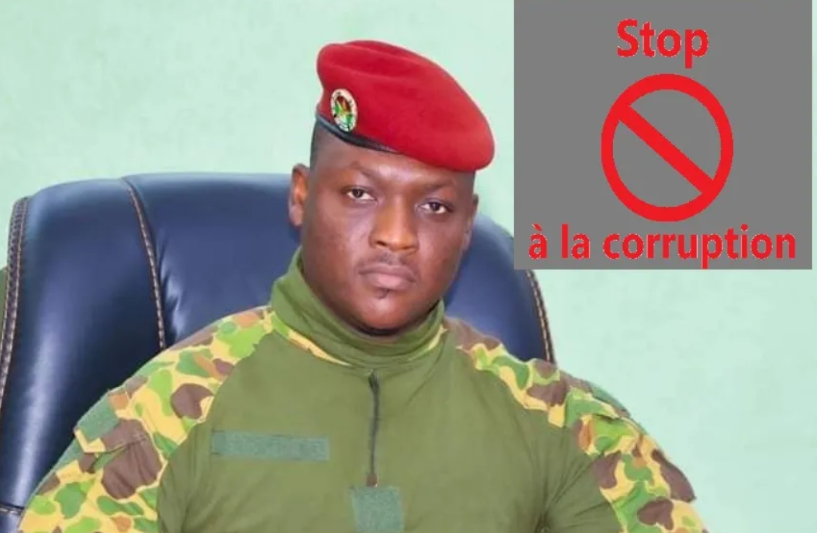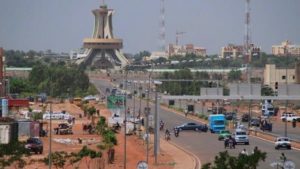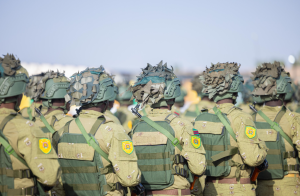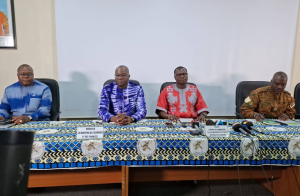Burkina Faso: Between security crisis and administrative drift, the fight against corruption becomes an act of national sovereignty

In Burkina Faso, against the backdrop of an intensified fight against terrorism, Captain Farouk Azaria Sorgho, spokesperson for KORAG, delivered a grave and decisive statement on national television. Far from being a simple administrative announcement, this message is part of a broader effort to deeply restructure the Burkinabe state apparatus. The exposure of widespread dysfunctions, illegal practices, and acts of corruption within public administration confirms the transitional government’s determination to break away from past systems of predation and to build a strong, sovereign, and transparent state.
The findings are unequivocal: more than a hundred cases of embezzlement, abuse of power, falsification of documents, misappropriation of public property, and corruption have been uncovered across all levels of administration, from municipal offices to central institutions. KORAG’s assessment highlights the systemic entrenchment of corrupt practices—long tolerated, and at times even protected—in key sectors such as justice, healthcare, land management, finance, and education.
Within this context, President Ibrahim Traoré’s actions stand out as a political choice for rupture, rooted in a sovereignist and pan-African vision of the state. By demanding relentless investigations and enforcing strict administrative and judicial sanctions, the head of state seeks to restore the moral authority of government and return public service to its primary mission: serving the common good.
The message is twofold: to end the impunity of a system corroded by privilege, and to revive the values of integrity, justice, and patriotism within public administration. This is not a political purge, but rather a moral rearmament of the state—essential for national stability and social cohesion.
This unprecedented drive for moral renewal must be understood as a cornerstone of national reconstruction. In a country facing major security, humanitarian, and social challenges, restoring citizen trust requires an exemplary administration. The fight against corruption thus becomes an act of national sovereignty—reclaiming institutions, breaking free from imposed bureaucratic models, and affirming governance that reflects the Burkinabè people: dignified, courageous, and responsible.






